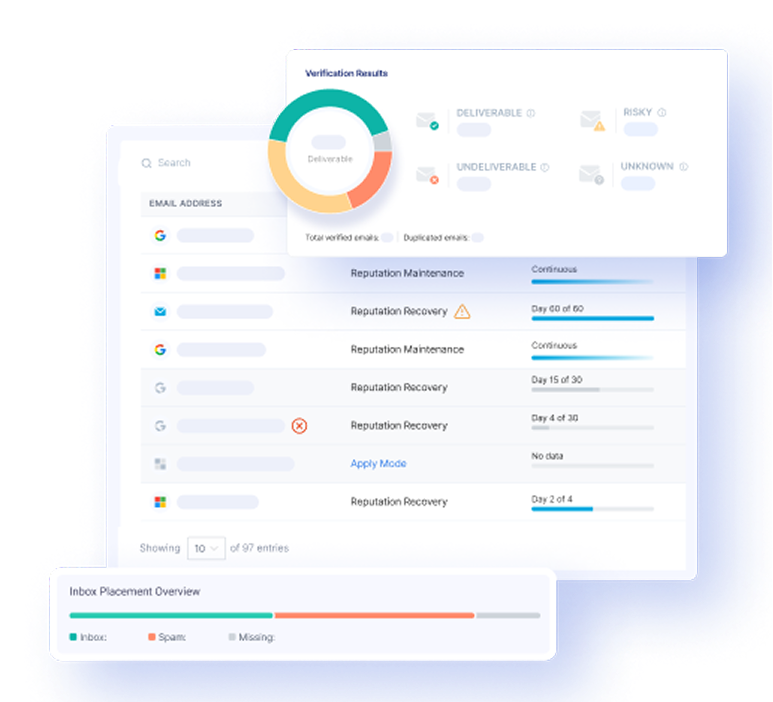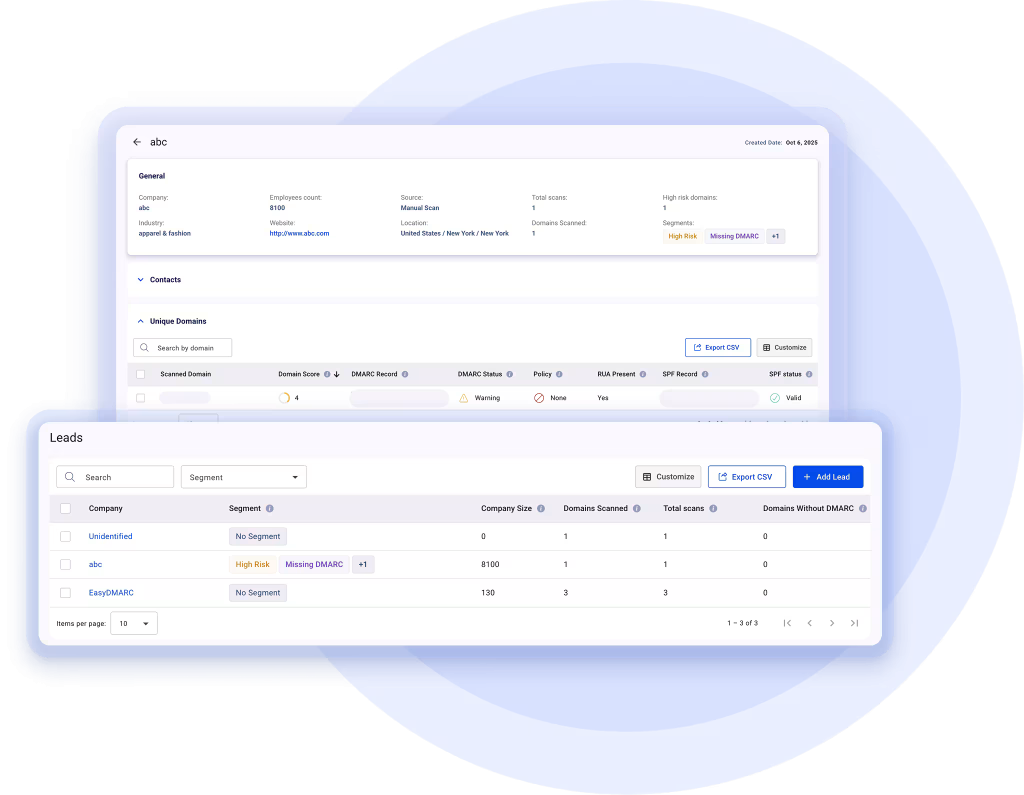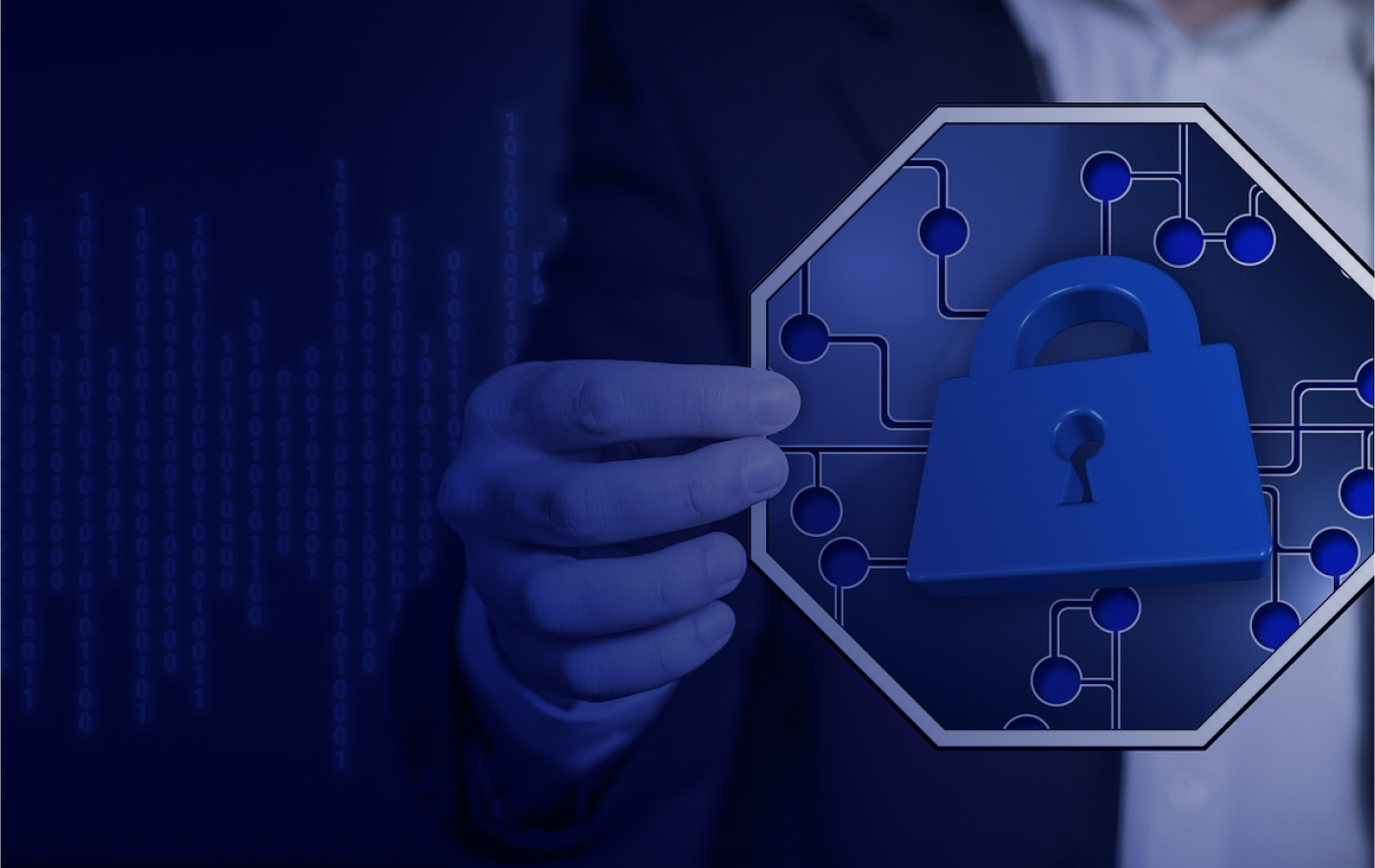If you run a company that relies on the internet to operate you must think strongly about data breach prevention plans. A data breach is the exposure of a company’s confidential data to an unauthorized person. Anybody online is exposed to the risks of a data leak. Private persons and high-profile brands can be affected in a matter of moments.
You can find a vast catalog of options if you research what can be done to prevent data breaches. You can begin with solid email security practices, but you need more than that to keep your data safe. This blog post discusses the best practices to prevent data breaches for individuals and companies.
Let’s take a deep dive into data leak prevention!
Best Practices for Individuals
Since we’re discussing data breach prevention, remember that some best practices cost nothing. However, you still need to invest in your cybersecurity. Relying on good practices alone doesn’t cut it. Use tailor-made specialized software to strengthen your online protection and keep your data safe.
Here are some of the best data breach prevention techniques you can follow:
Use Strong Passwords
An unbreakable password is the first step toward data breach prevention. You can build a strong password using structured phrases combined with capital letters and special characters. But never use the same password for multiple accounts.
If you find it difficult to remember various passwords, use a password manager. It’s one of the best ways to prevent data loss, removing the hassle of remembering multiple passwords.
Update Your Software Frequently
All devices and software require frequent updates. Without the latest bug fixes, security patches, and protection, your smartphone, computer, wifi router, programs, apps, etc. are vulnerable to cyberattacks like malware infection—which could lead to a data breach.. These updates reinforce your systems and are necessary for any solid data breach prevention strategy. It’s in your best interest to accept them for security.
Monitor Financial Accounts and Credit Scores
One of the best practices to prevent a data breach is to keep an eye on your finances and credit score. You can always tell when something is off by looking at your balances. If you’re the victim of a data breach, bad actors may attempt to use your identity to fraudulently apply for credit.
Monitor your credit score and opt-in to receive alerts from credit bureaus. If you see payments or credit requests you don’t recognize, alert the relevant authorities.
Store Files Securely
If you know how to prevent a data breach, you know the importance of secure data storage. Never store your personal or company data in a single place.
Only use trustworthy cloud storage services, and, if possible, store your data on external drives or servers. But update them consistently. Add an extra layer of protection with encryption and multi-factor authentication.
Identify Fake Social Media Accounts and Delete them
Another way to prevent a data breach is by keeping your social media presence secure. If you’re active on social networks, don’t reveal too much about your life. Hackers always look for the personal information you willingly give up on these platforms. They steal your identity or use it for social engineering attacks. If you see your data and photos being used in false social media accounts, report them and get them deleted.
Use a VPN
Virtual private networks work great as a data breach prevention measure. A VPN encrypts your internet connection and keeps everything you do online private to your eyes only. You can shop and use banking services without worrying about malicious actors taking hold of your data. A robust VPN keeps your data safe when you use public networks, such as those found in libraries, coffee shops, etc.
Set up an Antivirus on Your Devices
Currently, using antivirus software has gone beyond a simple suggestion. It’s a necessity. A robust antivirus solution is one of the best data breach prevention tools. It’s active 24/7 and keeps an eye on your data flow.
Antiviruses are programmed to send alerts when any malware tries to breach your devices. They are perfect for keeping your laptop or smartphone safe from potential infections while blocking targeted attacks.
Best Practices for Businesses
As a business owner, you can never underestimate the importance of data loss prevention plans. You must implement the best practices to prevent a data breach as your business grows and constantly update your security systems.
Larger companies seem like the primary targets of cyberattackers. Companies like Yahoo!, Sony, Adobe, and the health industry have found out the hard way. But small to medium-sized enterprises are equally as vulnerable—you just don’t hear about it on the news as much.
The following are some of the best data breach prevention strategies for business:
Follow Government Requirements Regarding Data
In the USA, no federal data breach notification law exists. It’s up to each state to create its own set of rules and regulations regarding data breach prevention. Some states have more relaxed rules than others, but large-scale attacks fall under federal jurisdiction, with security agencies like the FBI getting involved.
If you run a company with a data-driven business, you need to research the laws of your state about cybersecurity. Make sure you comply in all aspects to avoid audits and fines while protecting your company and customer data.
Don’t Collect and Store More Information than Needed
Keeping track of your data can be complex, but the best data breach prevention strategies rely on keeping the right data safe. Every bit of unnecessarily kept data represents a potential breach opportunity.
Trim it down to the basics and follow a strict data retention policy that dictates data storage periods and locations. You can find plenty of tools to help your IT department complete this task without a hassle.
Train Employees
Humans handle data breach prevention tools at all times. Your team needs knowledge of your DLP strategy, its tools, and how to manage them. Sharing your data leak prevention plans helps to keep a safe work environment.
Train your team and keep them informed of the latest cybersecurity threats and countermeasures A well-trained employee is less likely to make a mistake that costs thousands of dollars in the long run.
Enforce BYOD Policies
BYOD policies are cost-effective for many companies, but your team must follow the best practices to prevent a data breach. If you allow your workers to bring their own devices to store data, set up an “Acceptable Use Policy.”
This strategy should include using passwords with multi-factor authentication. You can also list websites and data hubs that are allowed and those that are off-limits.
Protect Assets with Strong Passwords
When considering data breach prevention tools, a robust password is often underestimated. An uncrackable password is a mix of letters and cases with special characters that should never resemble a date or sequential structure. Passwords are the first line of defense and sometimes the most effective against cyberattacks. Large corporations can protect assets using diverse password strategies such as daily updates, one-time PINs, timed access, and reliable password managers.
Encrypt Your Data
Data encryption is one of the best practices to prevent a data breach. Using solid encryption protocols makes your data unreadable to anyone but the people authorized to have access. Since ransomware is a common tactic used by hackers, it’s like playing the reverse Uno card to them. With encryption, your data goes through a cipher, an algorithm that encodes all your information and links it to a key only you possess.
Avoid Using Portable Media
Portable data devices can easily transmit viruses and malware, given their nature and the fact they go from one device to another. USB flash drives and external drives are very useful when you want to store data, but they’re not safe to use in the workplace.
A solid data breach prevention plan bans these devices inside the company. If you have employees working from home, you may limit their use to particular occasions and only under strict security protocols.
Destroy Data Before Sending it to Trash
A vital aspect of any data breach prevention plan revolves around data elimination. Most companies have three basic ways to go about this. The first is overwriting, which is nothing more than replacing old data with new data. Then there is degaussing, a method that erases the magnetic fields of storage media devices. The last one is physical destruction, such as disk shredding. They all get the job done, and you must implement the best practices according to your needs.
Conduct Penetration Testing
Penetration testing is a great way to prevent a data breach. Professional white hat hackers can find weaknesses in your system. They’ll do so by testing your defenses at different access levels.
When they’re done, you’ll get a full report on how to patch any identified vulnerabilities.. There are many ways to conduct penetration testing, some costlier than others. Choose based on your needs.
Final Thoughts
DLP plans don’t come in a single size; numerous options exist to keep your data safe. As you can see, there are many data breach prevention techniques. Some are well-suited for private people, while others work better for businesses and large companies. The soundest strategy is a combination of preventive measures and specialized software.
Use strong passwords and keep your software updated on all devices. Back up your data frequently and use physical drives as an extra measure. You can also implement multi-factor authentication combined with a credible password manager. Install a robust antivirus solution and keep it updated. Check the strength of your defenses with regular penetration testing.
Another excellent data breach prevention measure for companies is to authenticate your domain with EasyDMARC. You’ll protect your brand’s reputation, and no one will be able to duplicate your corporate identity to scam other people.





